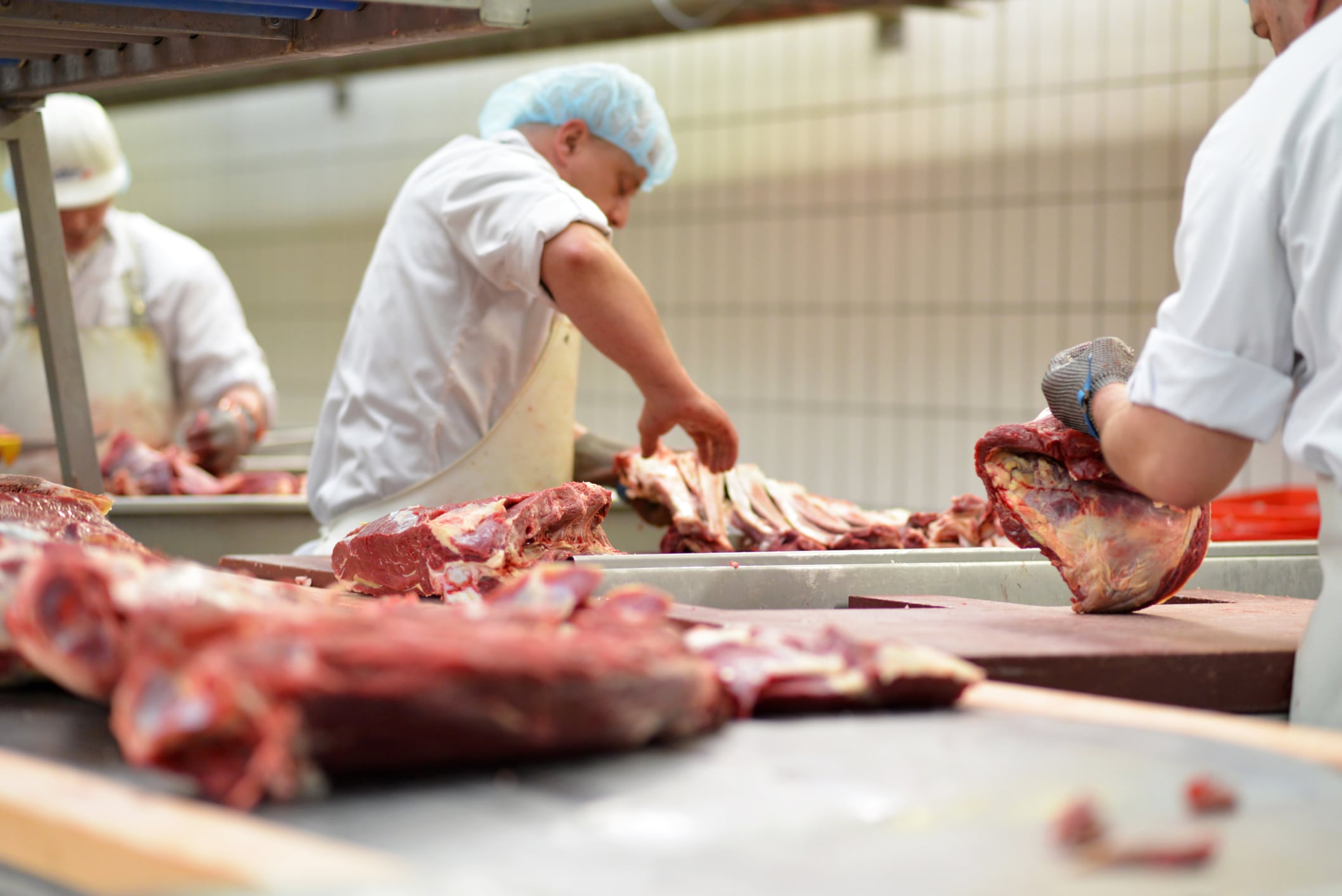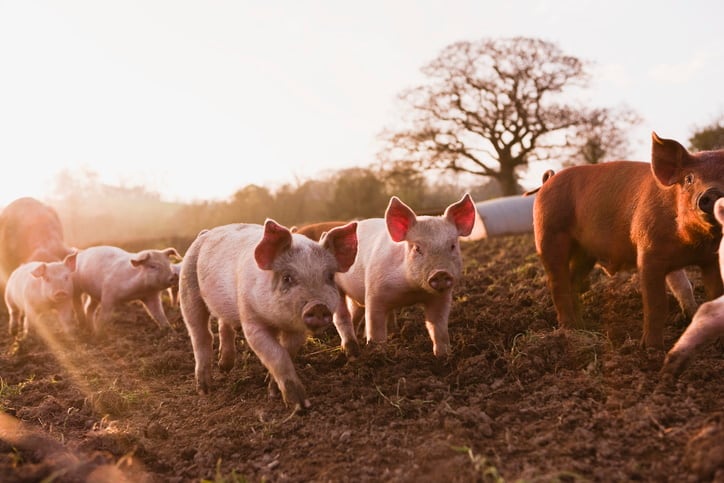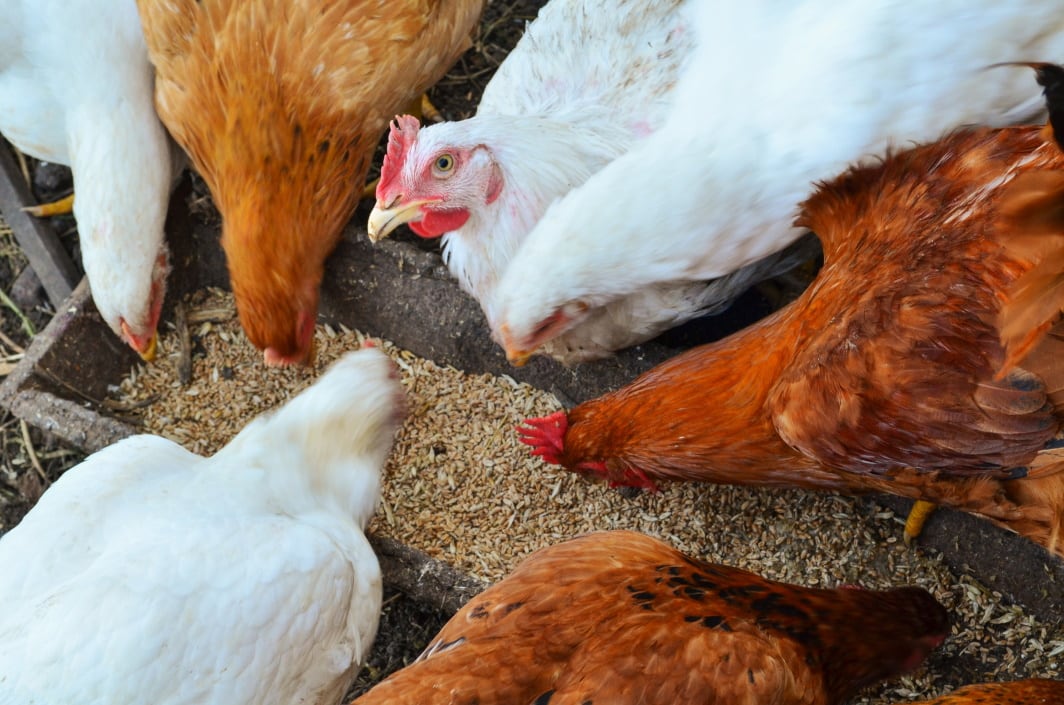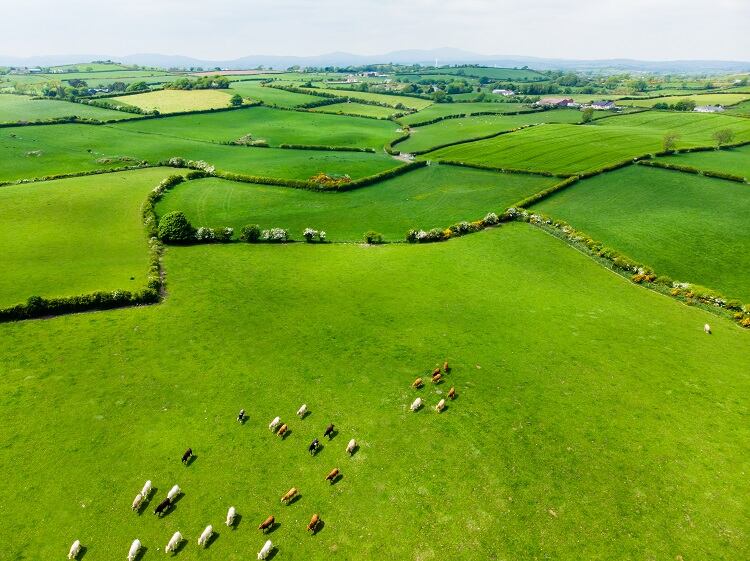The Food Standards Authority policy requiring an official veterinarian (or OV), to be present during slaughterhouse operations has been in place since 2017. It came about after EU legislation was transferred into UK domestic legislation.
According to the FSA, the rule will continue to apply at the end of the Brexit transition period. In 2018, CCTV became mandatory in all English abattoirs in a further move aimed at reassuring consumers that high welfare standards are being effectively enforced.
Counterproductive rules
For Hannah Leese of Roythornes Solicitors, specialising in food regulatory law, these moves only serve to reinforce the misconception among the general public of ‘nefarious’ activities inside abattoirs.
But there is no evidence whatsoever to support this, she said. She told FoodNavigator that slaughtering businesses strive to achieve the very highest standards of animal welfare.
“I work with slaughterhouses day in, day out. I find that food business operators working in the slaughter and meat industry have the highest regard for food hygiene and food safety.”
In her experience, she added, the permanent presence of FSA officials in slaughterhouses does very little to ensure food safety, improve animal welfare standards and/or protect public health. Instead, ‘having someone stood looking over your shoulder as you attempt to do your job’ merely impedes good working practice, she said.
‘An unfair and unnecessary approach’
She further noted there were countless cases on non-compliance on enforcement on abattoir records owing to a zero-tolerance approach from the FSA.
“This results in many non-compliances being recorded each and every day at slaughterhouses across the country. This is the case even where the alleged breach does not adversely impact food safety,” she said. “For example, I have seen prosecutions by the FSA merely because a door has been left open, despite there being detailed pest control procedures, usually involving the employment of an external pest contractor, in place and no evidence at all of the ingress of pests.”
Does having someone stood looking over your shoulder as you attempt to do your job help or impede good working practice? she asked.
“How much more likely do you think you would be to make a mistake if someone was stood watching over you? Even if I have friends and family over for a meal (pre-COVID, of course) and people offer to help wash up, the mere presence of other people in the kitchen turns me into a nervous wreck!
“Now, imagine that, in addition to this person watching you, they are also noting down anything and everything that you do incorrectly so they can take legal action against you.
“Such action will be taken even where you take steps to immediately remedy the situation and, in any event, even where the meal you cook is still perfectly safe for your family to eat.
“This is the situation faced by all abattoir operators and abattoir workers every single day.”
Alleged breaches of compliance ‘pose no risks’
The ‘complex’ EU and national rules and regulations that slaughtering businesses are subjected to ‘run to many hundreds of pages’, she added. “Anyone - not just an OV - could identify tens of “breaches” in even the best run abattoirs at any one time. The mere fact of a breach is not, or at least should not, be an end of the matter.
“The real question is whether the alleged breach poses any risk to public health and or animal welfare. Only if it does should action be taken against the operator by the FSA.
“As the FSA continues to fail to adopt a risk-based approach to enforcement, then their permanent presence does little to improve food safety and or public health. Arguably, the permanent presence of these government officials during slaughterhouse operations does little more than increase the likelihood that mistakes will be made.”
In response, the FSA told us that its operations staff are present in abattoirs to verify compliance with relevant EU and domestic legislation on animal welfare prior to and during slaughter and killing, taking proportionate enforcement action.
OVs and assisting official auxiliaries carry out “a wide range of inspection and verification tasks required to ensure and secure compliance with the food hygiene legislation governing the production and further handling of meat for human consumption”.





